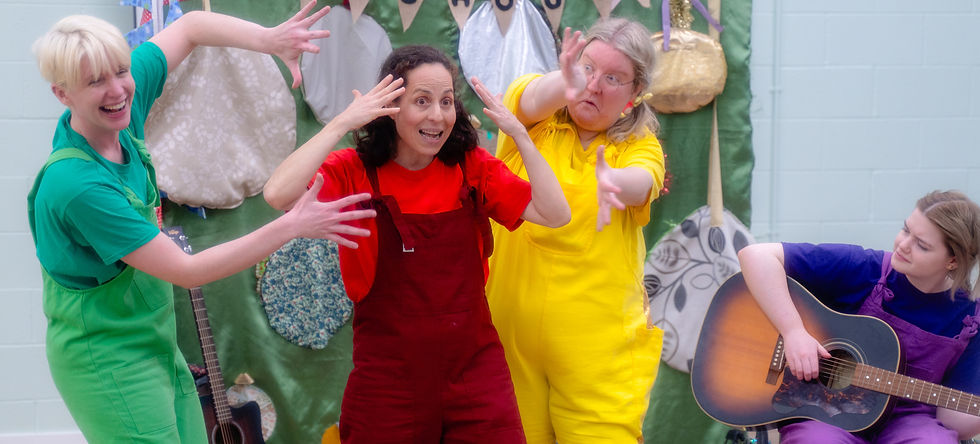It’s Different For Girls: Workshop Toolkit
- She Productions

- Sep 24, 2018
- 2 min read
By Natalie Harris (Sexual Violence Support Worker)
It is a privilege for me to be asked to contribute to these Consent and Relationship Education workshops, set to be delivered to schools. As a teenager, I experienced myriad occasions of sexual violence and unhealthy relationships, patterns that have continued throughout my adult life. Sharing my story helps to make sense of the pain I went through. If I can help others while raising awareness of the issues surrounding consent, then it helps to make sense of my past. I feel truly passionate about not regretting the past and using it as a powerful tool to help others instead. To highlight the vulnerability that exists for young adults and children is part of this, as well as empowering others to make a difference and understand what is at stake; what is acceptable; and, most importantly, what is not.
Many of us become consumed by pressure and comparison in today’s world, and can feel lost and desperate to prove ourselves; this world can often seem highly confusing and complex. As children approach their teenager years, the focus on sex and relationships naturally grows but I have seen a number of young people strive to experience these things well before they are ready. Gaining a healthy understanding of who you are, what you’re doing, with who and what you’re agreeing to is truly important.
There are so many reasons why people find themselves in situations that challenge the word ‘consent’. It is so common for people to end up in unhealthy relationships. Whether it be a controlling or manipulative partner, experiencing domestic violence, an incident of rape, grooming, exploitation, coercion… the list goes on. It can happen to anyone regardless of your family background, upbringing, class, ethnicity, religion, age, sexuality, gender, education or personal beliefs. You are not alone, this is sadly happening all over the world.
So, what makes us vulnerable? Some people push themselves to do things in order to feel validated amongst their peers, others may have grown up feeling an absence of love at home and tend to seek out the affection they never had. Others may come from abusive homes and are likely to look for further unhealthy relationships, repeating patterns of abuse subconsciously. Those who have had an idyllic childhood – with no specific trauma – might feel the urge to ‘rebel’, desperate to break free from that idea of perfection. A lack of self-worth can also often lead to various forms of self-harm and poor judgment, especially for those growing up in a world dominated by social media and insta-likes. Or it could simply be a lack of education around personal boundaries and the actual meaning of consent, which is why these workshops are so vital. It may be a mix of these reasons, some to a lesser degree than others, and sometimes there is no reason at all. Simply being a young person and getting to know ourselves has its own challenges…





Comments